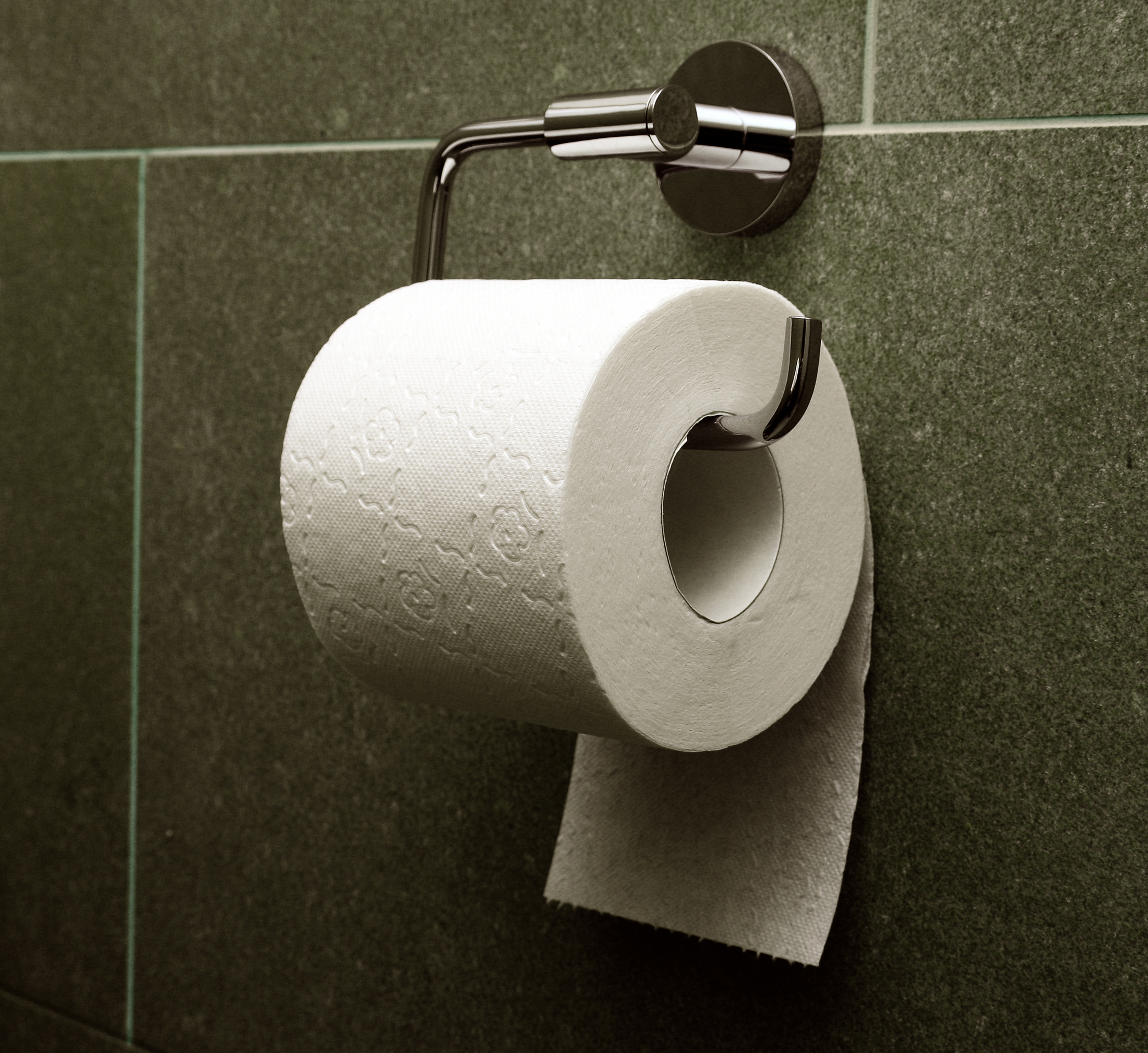
Health Hazards of Low-Fiber Diets
Dietary fiber may be far more important than previously imagined.
According to a report funded by the Council for Responsible Nutrition Foundation (CRNF), were American adults over the age of 55 with heart disease to take psyllium dietary fiber every day, it could save the healthcare system nearly $4.4 billion a year.
The effect may be even greater than that though, as new research reveals lack of fiber in the diet may impact not just your health, but that of your children and even great-grandchildren too.
January 25, 2016 | Source: Mercola | by Dr. Mercola
Dietary fiber may be far more important than previously imagined.
According to a report1 funded by the Council for Responsible Nutrition Foundation (CRNF), were American adults over the age of 55 with heart disease to take psyllium dietary fiber every day, it could save the healthcare system nearly $4.4 billion a year.
The effect may be even greater than that though, as new research reveals lack of fiber in the diet may impact not just your health, but that of your children and even great-grandchildren too.
How’s that, you might ask? By changing the diversity of bacteria in your, and your offspring’s, gut.
Low-Fiber Diet Promotes Extinction of Gut Bacteria
The study2,3,4 in question found that low-fiber diets cause “waves of extinction” in the gut of mice, and that this altered gut flora gets passed on to offspring. As much as 60 percent of the microbe species suffered severe decline in the low-fiber group.
In some cases their numbers remained low even after the mice were again given high-fiber meals, suggesting it can be quite difficult to repopulate certain gut bacteria once they’ve been severely diminished.
Each successive generation of offspring in the low-fiber group also ended up with less diversity than their parents, suggesting the problem compounds over generations. According to the authors:
“[O]ver several generations, a low-MAC diet [microbiota-accessible carbohydrate diet] results in a progressive loss of diversity, which is not recoverable after the reintroduction of dietary MACs.
To restore the microbiota to its original state requires the administration of missing taxa [editor’s note: i.e. fecal transplant] in combination with dietary MAC consumption.”
Previous studies5 have already confirmed that the human microbiome has undergone significant changes over the course of history, along with changes in diet.
Distinct differences in the gut microbiome have also been found between Western city-dwellers and rural villagers and indigenous hunter-gatherers, and, according to the authors: “The data we present also hint that further deterioration of the Western microbiota is possible.”
As a general rule, people who eat a more plant-based diet tend to have a more diverse gut microbiome than those who skimp on fresh veggies and fruits and eat more processed foods.
https://www.youtube.com/watch?v=fK-uTN3XjT8
